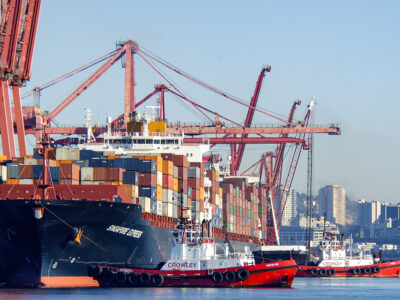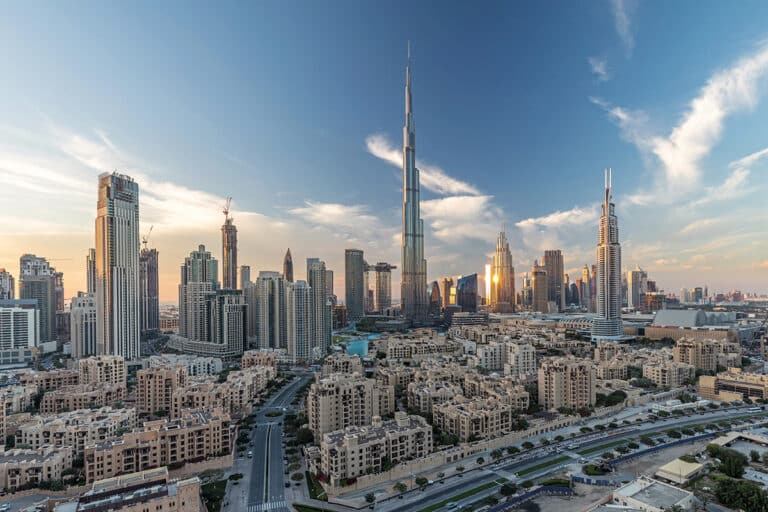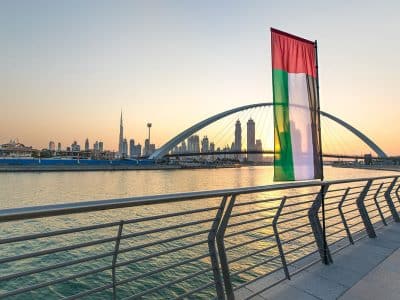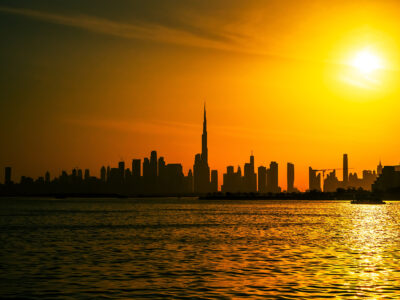Dubai’s real estate market has witnessed some key shifts since the start of the year. The popularity of the city is undeniable and there remains a great optimism over both the short- and long-term prospects. Changes to the frameworks that support investors, owners and occupiers of properties, will bring even greater transparency to what is already one of the world’s most sought-after real estate destinations.
1. Banks are no longer financing DLD registration and broker fees
Starting February 1, banks and mortgage lenders will no longer be permitted to finance Dubai Land Department registration fees (4 per cent) or broker fees (2 per cent). Prior to this change, it had been possible to add 80 per cent of these fees to your mortgage with repayments coming out incrementally, however now these fees must be paid 100 per cent upfront.
The move is designed to bring more stability and long-term focus to the market. While it may mean higher upfront costs, it ensures buyers are fully committed and have the liquidity to invest.
2. A new Dubai Smart Rental Index
To make it easier for tenants and landlords, Dubai’s got a new type of rating system for residential buildings. More than 60 elements are considered such as location, amenities, building and unit sustainability, security and so on. And, much like hotels have gradings, everything will be ranked from 1 to 5 stars.
Overall, we may see an enhancement of existing buildings. Our team (at Prestige One Developments) is already considering this, to ensure our upcoming pipeline of properties under construction ranks highly on the index upon completion. Better ratings may support not only regular rental yields but also potential capital appreciation of properties.
3. New freedoms for freehold
Prime residential areas are always in demand across Dubai, so the revelation that 128 plots on Sheikh Zayed Road and 329 more in Al Jaddaf would be opened up to freehold development and conversion by any nationality was a stunning moment during the first few weeks of the year.
Dubai’s government and authorities have always been visionary and this is yet another demonstration of ‘big picture’ thinking that can revitalize and regenerate the city. Older buildings will be redeveloped and further plots will be constructed to take advantage of freehold ownership.
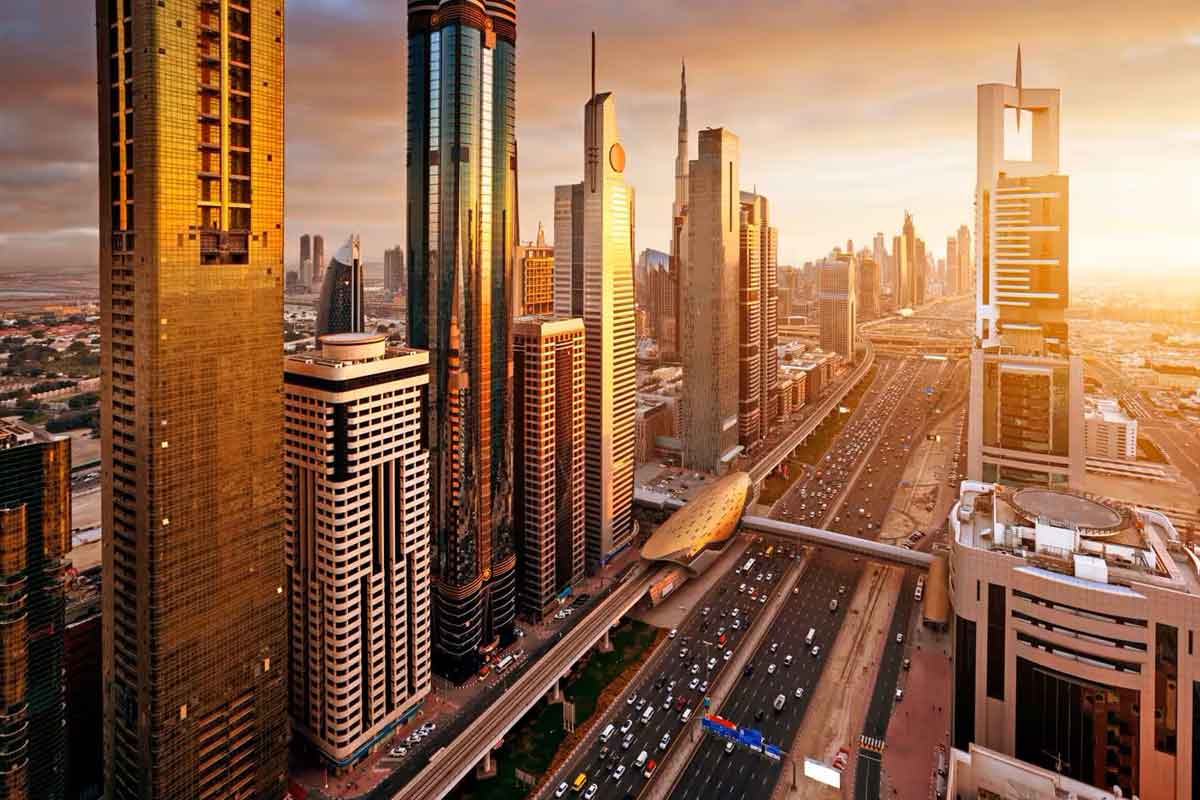
4. Ushering in the UAE’s era of the train commuter
Etihad Rail’s announcement of a new 350km/h passenger train service between Abu Dhabi and Dubai (and in due course to other emirates and countries) will improve connectivity and reduce travel times. It will take just 30 minutes to commute between the UAE capital and Dubai, providing a prospective uplift for real estate within easy access of rail terminals.
5. Expansion of visa eligibility
Expanding the popular Golden Visa scheme to attract new talent and encouraging retirees and remote workers with new long-term visa options, will further bolster the attractiveness of the UAE as a long-term home. All of these visa schemes directly encourage property purchases with minimum eligibility requirements, while the overall influx of expatriates securing residency will create additional demand across property purchases and rentals.
The key view
The Dubai authorities have made shrewd decisions during the early weeks of 2025, which will enhance infrastructure, propel quality real estate development and encourage sustainable investment over the coming years. As one of the world’s most desirable cities, more and more people want to call Dubai home. Managing affordability, quality, accessibility and investor demand is a delicate balancing act, but these five measures are a positive move for the rapidly growing real estate market.



